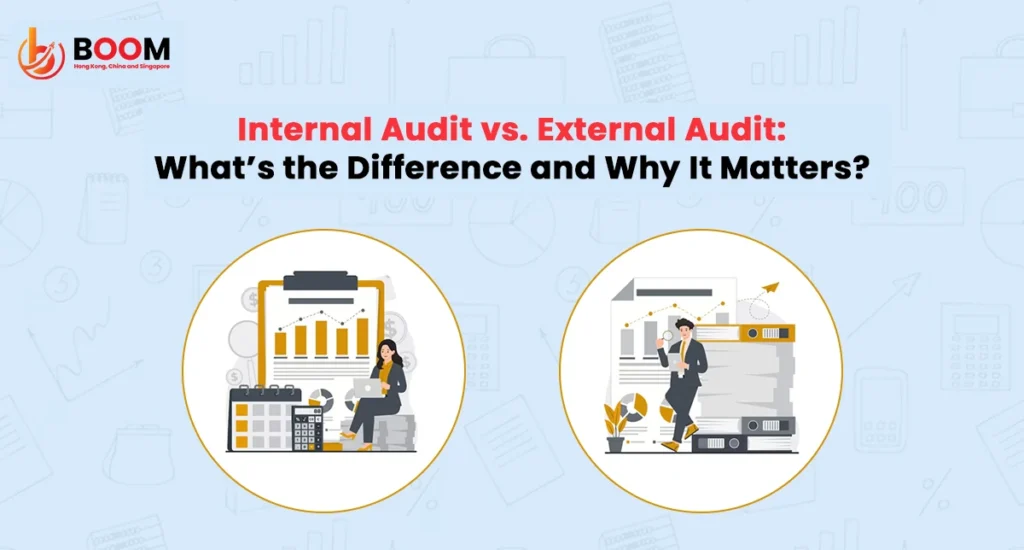What Is the Role of an Accountant in a Growing Business?
What is the Role of an Accountant in a Business? Businesses, small or big, have one common financial goal. It is to minimize costs, maximize profits, file taxes accurately, and achieve a new milestone every year through wise financial decisions. To achieve this major financial goal, most businesses rely on accountants. Not only do businesses rely on accountants for everyday business data, but also for strategic guidance and to share the summaries of the financial health and recommendations for the company’s growth. Accountants are multifaceted professionals who can interpret financial data to help management with informed business decisions. Accountants collect, organize, and record financial data and share recommendations for overall business strategy. They also ensure that taxes are paid accurately and on time. Why Every Business Needs a Professional Accountant? Every business needs an accountant to support its business in the following ways. Maintenance of Accurate Financial Records: The maintenance of financial records is the prime duty of an accountant. Record maintenance involves systematic recording of transactions, data recording and up-to-date maintenance. Accountants use various record maintenance systems and software to track the income, expenses, assets, and liabilities and facilitate smooth transactions. Financial Statement Preparation: Accountants are instrumental in the preparation of the financial statements, such as the balance sheets, income statements and cash flow statements. These financial statements act as the mirror of the company’s financial health and share valuable information regarding the profitability, liquidity and economic stability of the company. Investors and creditors use these statements to make strategic decisions. Budgets and forecasts: Current and future financial needs of a company are determined through the financial outcomes of the company. Accountants help businesses to plan their budgets. Budgets are the roadmaps that guide firms to allocate resources efficiently and set financial goals. Forecasting also involves predicting the future financial outcomes based on the historical data and market trends. Tax Compliance and Business Strategy: Businesses must comply well with tax laws and regulations. Accountants are responsible for the tax liabilities of the company. They work diligently to prepare and file tax documents and maximize deductions and credits to minimize tax liabilities. They also develop tax strategies that align well with the company’s financial goals to save more money. Internal Audits and Controls: Accountants perform internal auditing in companies to assess the accuracy of financial records. They also establish and maintain the internal controls to safeguard your company’s assets, identify fraud, and ensure compliance with financial regulations. Internal audits not only help in identifying the discrepancies but also strengthen the overall financial management of the company. Cost Management and Efficiency: Accountants focus on cost management and always look for opportunities to improve operational efficiency and profitability. They identify variances, analyze cost structures, and recommend cost-saving measures. It is a well-known strategic approach that not only improves the bottom line but also adds value to the company and optimizes resource allocation. Navigate Challenges through Effective Communication: Effective communication is the key strength of an accountant. They share the complex financial information into simple actionable insights for the stakeholders and management to make informed decisions. Their advice helps businesses to navigate challenges and capitalize on opportunities. Accountants interpret the data and trends and advise companies on everything. They take care of pricing strategies for investment opportunities to safeguard the company and even advise on expansion plans. Accountants also serve as liaisons between two departments and confirm that financial considerations are aligned well with operational goals. It is their ability to communicate financial health effectively. They identify the projects that are helpful for the organization at all levels. Accounting Software and Technological Integrations Accountants are responsible for implementing and managing the systems that enhance the accuracy and efficiency of the financial reporting it be through advancing technology or accounting software. Accountants stay updated with the emerging technologies and revolutionize the way accounting functions are performed. Managing Financial Risk and Ensuring Compliance Accountants assess potential financial risks and develop strategies to overcome these risks. They also ensure that businesses are able to withstand financial uncertainties. Accountants confirm that the company adheres to the regulatory standards of the local and international law and has up-to-date knowledge about the relevant laws and guidelines. Wrapping Up: Accountants are indispensable to a business to create and maintain a solid financial foundation. Thus, they empower the organizations to understand their financial situation and make strategic moves that lead to prosperity. SHARE ARTICLE FacebookLinkedInWhatsAppTelegramTwitter










